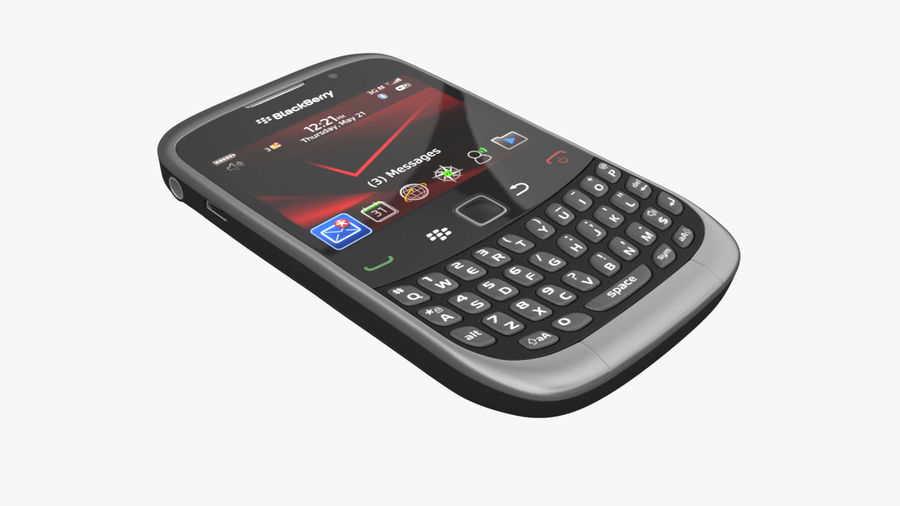
BlackBerry ends support for its classic smartphones
Any early version devices launched by the now software company will no longer function, starting Jan. 4.
One of the most popular cell phones of the 2000s and early 2010s, BlackBerry, is now another step closer to becoming obsolete.
Starting Tuesday, Jan. 4, the company will stop running support for BlackBerry 10, 7.1 OS and earlier versions.
This means that any BlackBerry device running these legacy services and software will no longer function, removing the ability to make phone calls, use the internet or send text messages whether connected through a carrier or Wi-Fi.
The company first made the announcement of the devices’ impending fate in a statement in September 2020, in which BlackBerry executive chairman and CEO John Chen also announced the company’s official transition to a software company.
BlackBerry began to phase out of the phone business in 2016. Since then, the company stopped making its own branded phones and relied on partnering manufacturers to do so, while shifting its focus to security software under the name BlackBerry Limited.
The latest BlackBerry OS devices, The BlackBerry 10 models, launched in January 2013, about 10 months before Chen took over as new CEO.
BlackBerry was a groundbreaking addition to the cell phone industry, primarily for its full external keyboard and introduction of BBM (BlackBerry Messenger).
According to The Guardian, at its peak in 2009 and 2010, BlackBerry owned nearly 20% of the global smartphone market, 50% of the U.S. market and sold more than 50 million smartphones a year.
However, the introduction of iPhones and Androids to the smartphone market changed things.
RELATED CONTENT
While the initial introductions of the first iPhone in June 2007 and first Android in September 2008 didn’t immediately put a damper on the brand, the Apple and Google products’ respective growing popularity ultimately saw BlackBerry’s dominance in the industry wane with each passing year.
As Android and Apple introduced touchscreens, virtual keyboards and other features to the smartphone zeitgeist, BlackBerry struggled to keep up and saw its market value decline considerably.
In August 2011, it announced the launch of its first touchscreen device, the BlackBerry Torch, but to little avail. By 2013, the company’s market share plummeted to just 5.9%.
Since becoming CEO, Chen has pivoted the company from a smartphone company to its new brand as a software and cybersecurity company, producing great success.
According to Statista, BlackBerry made about a billion dollars in revenue in 2020.
While this latest development marks the end of an era that helped spark the current period of the smartphone industry, BlackBerry’s popularity and success won’t be completely lost as the industry continues its evolution.











LEAVE A COMMENT:
Join the discussion! Leave a comment.